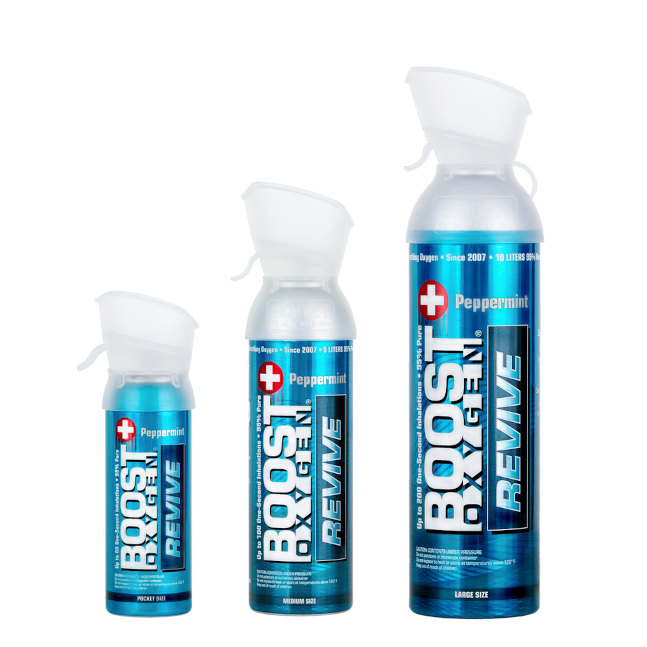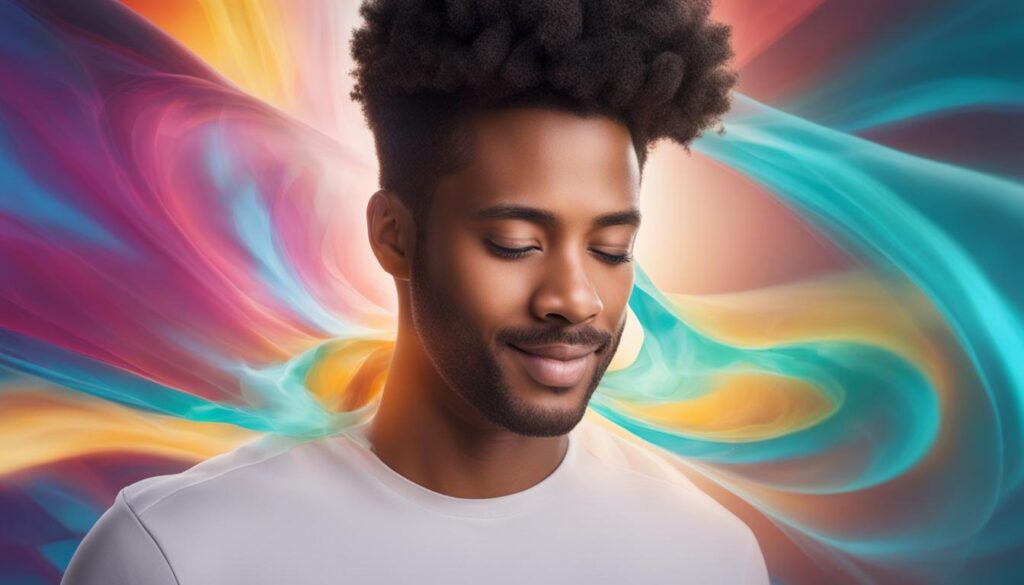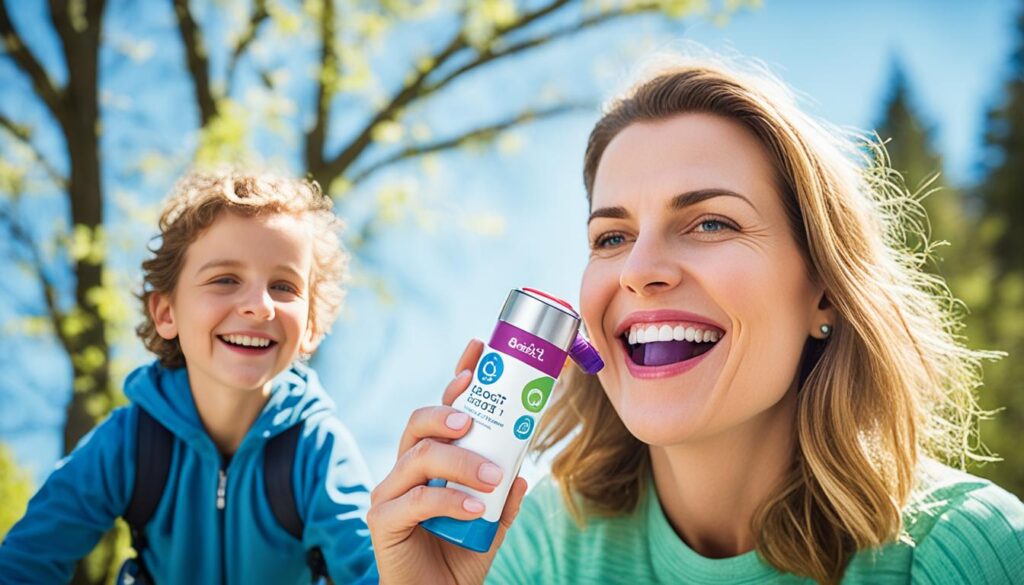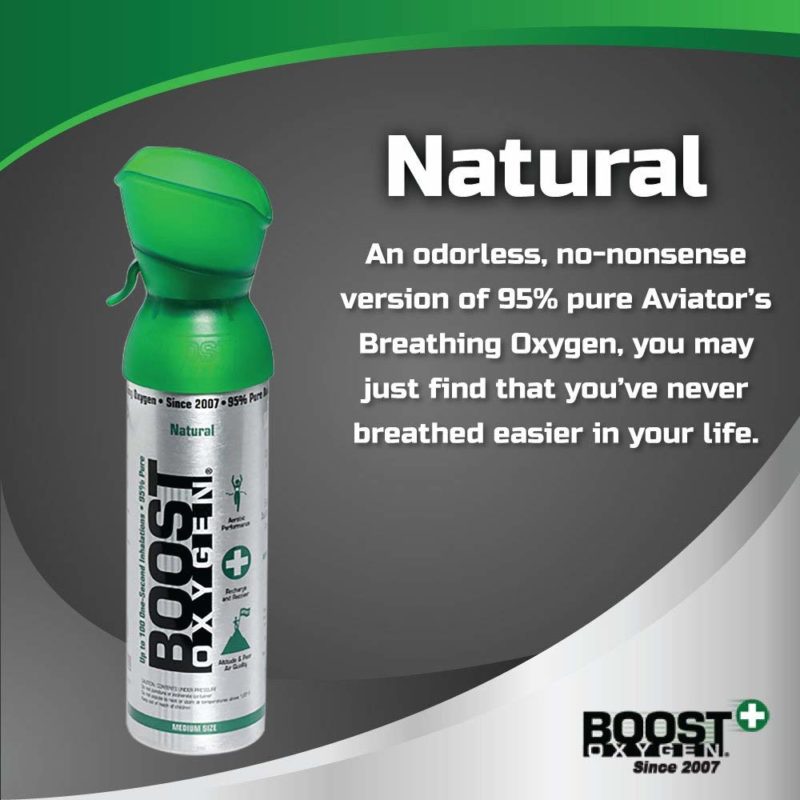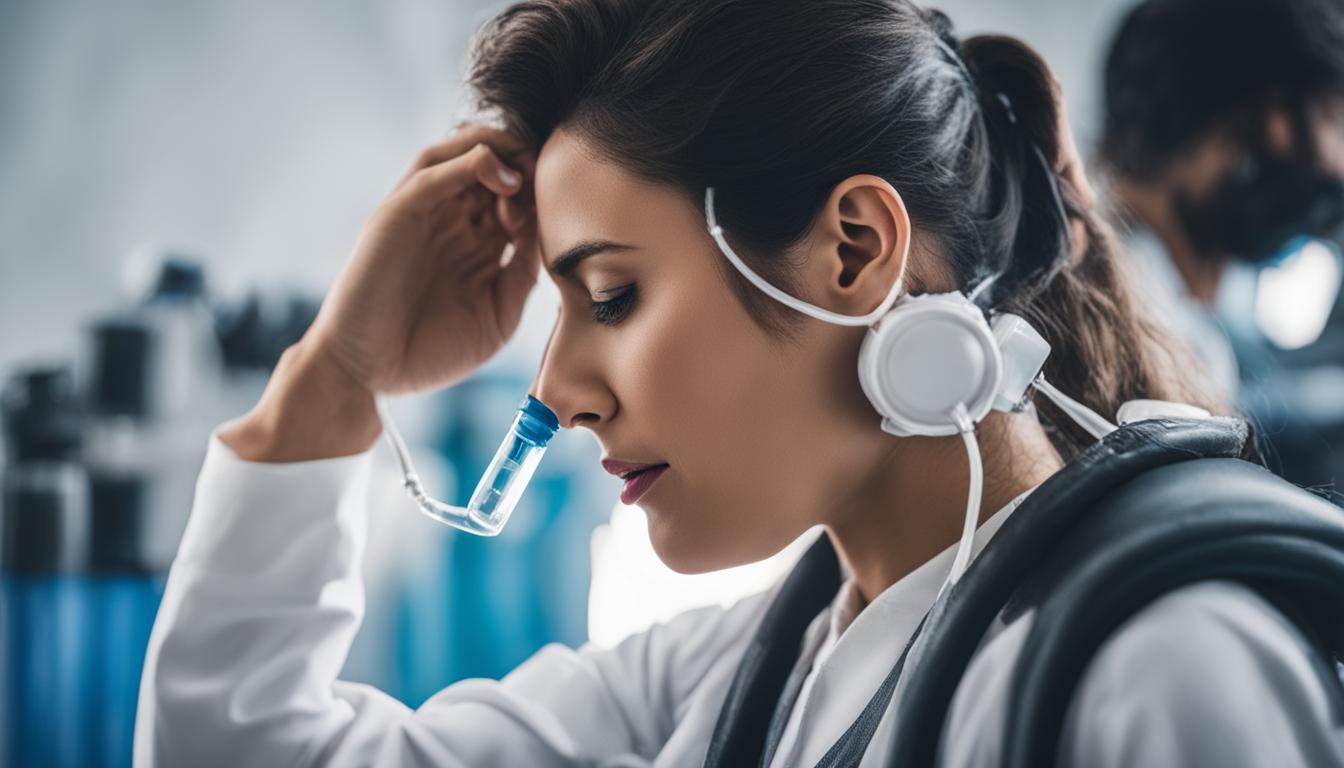Is Boost Oxygen Safe For Asthma

Concerns are mounting regarding the safety of Boost Oxygen, a canned oxygen product, for individuals with asthma. While marketed for recreational use and wellness, experts are raising alarms about its potential risks for those with pre-existing respiratory conditions.
This article cuts through the marketing hype to examine the facts: Is Boost Oxygen a safe and effective option for asthmatics, or does it pose a dangerous health risk? We delve into the science, expert opinions, and available data to provide clarity on this crucial issue.
The Claims vs. The Reality
Boost Oxygen is marketed as a convenient way to increase oxygen levels and improve performance, recovery, and overall well-being. The company claims it can help with shortness of breath and fatigue.
However, these claims often lack robust scientific backing, especially for individuals with asthma. Many experts question the benefit of supplemental oxygen for individuals with normal oxygen saturation levels.
Expert Opinions and Medical Warnings
The American Lung Association does not endorse the use of recreational oxygen. Medical professionals emphasize that oxygen therapy should be prescribed and monitored by a doctor, especially for those with respiratory conditions.
Dr. Meilan Han, a pulmonologist at the University of Michigan, warns that using supplemental oxygen without proper medical evaluation can be dangerous. It can mask underlying medical issues and delay appropriate treatment.
The Risks for Asthmatics
Asthma is a chronic inflammatory disease of the airways. Individuals with asthma experience airway narrowing, inflammation, and increased mucus production, leading to difficulty breathing.
The use of Boost Oxygen can create a false sense of security, potentially leading individuals to delay using their prescribed asthma medications, such as inhalers. This delay could result in a severe asthma attack.
Furthermore, the high concentration of oxygen in Boost Oxygen can, in rare cases, suppress the drive to breathe in some individuals with chronic obstructive pulmonary disease (COPD). Although asthma and COPD are distinct conditions, misdiagnosis or overlapping symptoms could increase the risk.
What the Data Shows
Currently, there is a lack of specific research on the effects of Boost Oxygen on asthmatics. Most studies focus on the effects of supplemental oxygen in clinical settings for patients with documented hypoxia (low blood oxygen levels).
A review of available literature reveals no conclusive evidence that Boost Oxygen provides any therapeutic benefit for asthma symptoms. In fact, some studies suggest that unnecessary oxygen supplementation may have adverse effects.
The absence of rigorous, peer-reviewed studies specifically addressing the impact of Boost Oxygen on asthma necessitates caution. Consumers should rely on evidence-based medical advice, not marketing claims.
Ingredient and Purity Concerns
Boost Oxygen contains 95% pure oxygen. While this may seem harmless, the potential for contamination during the manufacturing or packaging process exists.
The long-term effects of inhaling highly concentrated oxygen, especially without medical supervision, are not fully understood. This is particularly concerning for individuals with sensitive respiratory systems.
Who is at Risk?
Individuals with uncontrolled asthma, those with a history of severe asthma attacks, and those who rely on quick-relief inhalers are at higher risk. Children and the elderly are also more vulnerable to potential adverse effects.
Patients who have overlapping respiratory conditions, such as asthma and allergies, should exercise extreme caution. Self-treating with Boost Oxygen could worsen symptoms and complicate diagnosis.
Alternatives and Safe Practices
For asthma management, adhering to a prescribed treatment plan is crucial. This includes using prescribed inhalers, avoiding triggers, and regular check-ups with a healthcare provider.
If experiencing shortness of breath, consult a doctor immediately instead of relying on unproven remedies like Boost Oxygen. Proper diagnosis and treatment are essential for preventing serious complications.
"Always consult with your doctor or a qualified healthcare professional before using any supplemental oxygen, especially if you have asthma or any other respiratory condition," advises Dr. David Miller, a respiratory specialist.
Moving Forward: Calls for Regulation and Further Research
There is a growing call for stricter regulation of recreational oxygen products like Boost Oxygen. Some experts advocate for labeling requirements that clearly state the product is not intended for medical use and that individuals with respiratory conditions should consult a doctor before use.
Further research is needed to assess the potential risks and benefits of Boost Oxygen, particularly for individuals with asthma. Independent studies, free from industry influence, are crucial for providing unbiased information.
Consumers are urged to exercise caution and prioritize evidence-based medical advice over marketing claims. Your health and safety should always come first.

